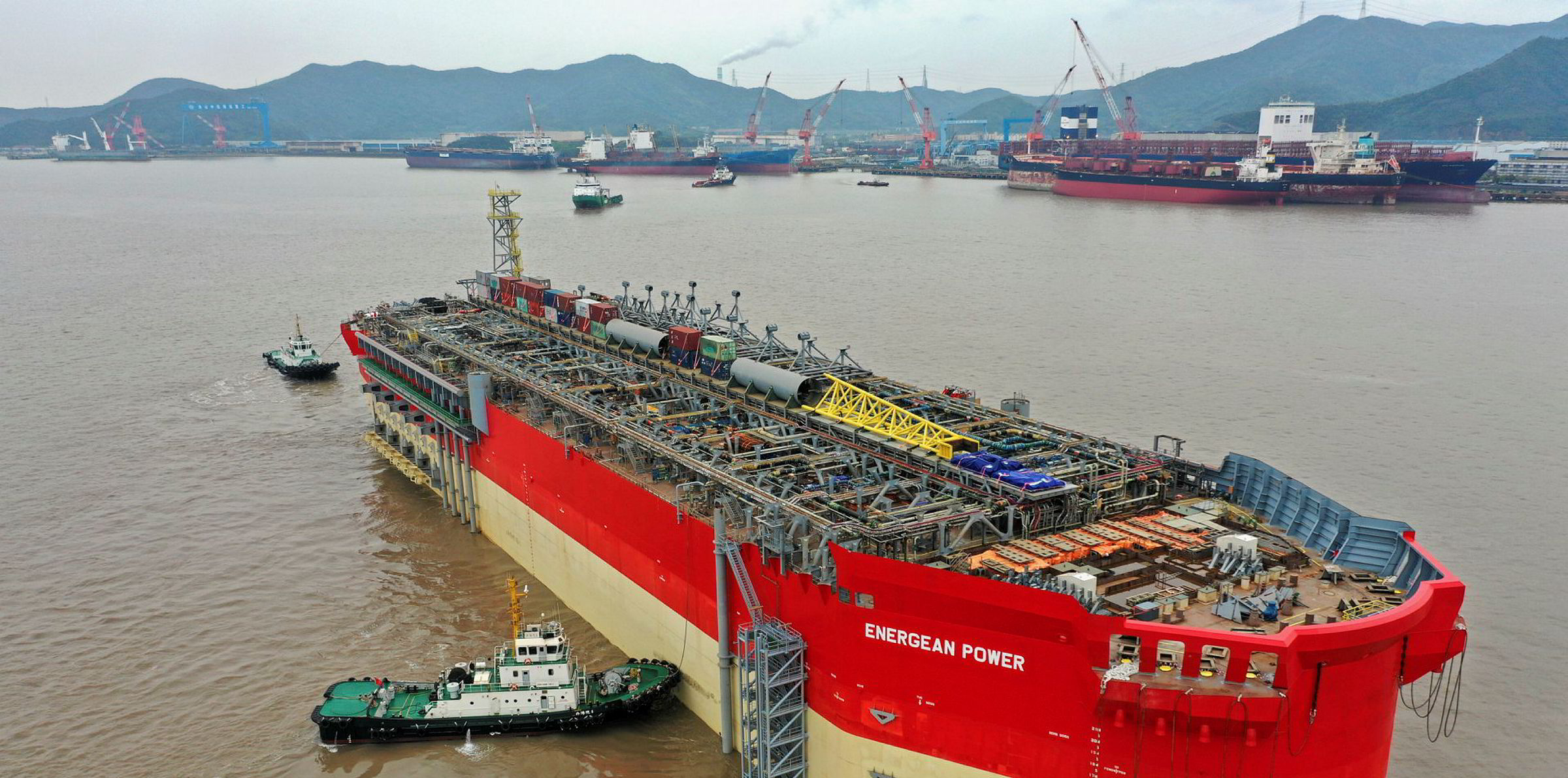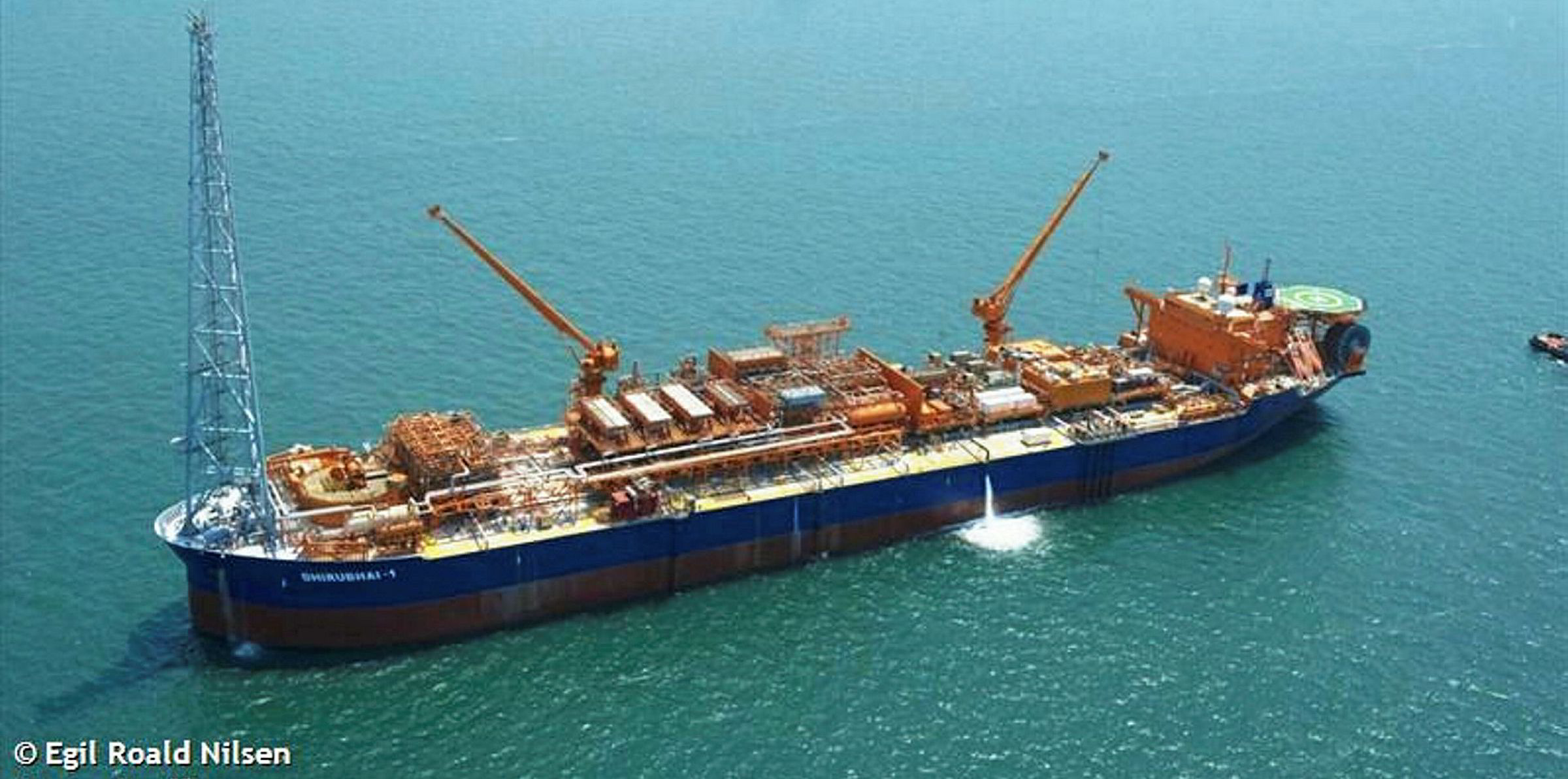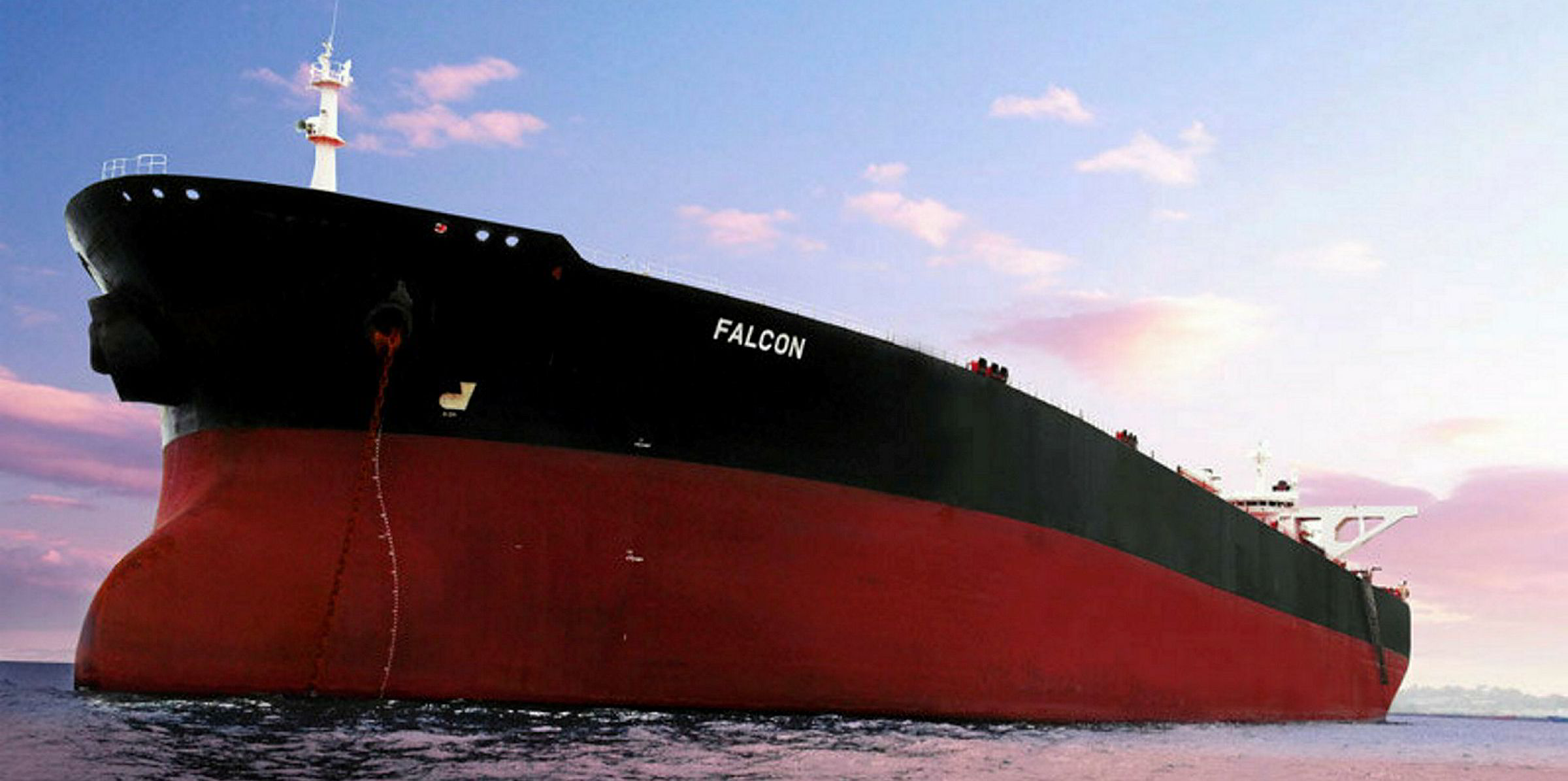Floating production, storage and offloading units operating in maturing fields are facing potential losses of employment opportunities, with the collapse of oil prices amid the coronavirus pandemic, according to Rystad Energy.
Of the 96 FPSOs operating in oil fields that have produced more than 75% of their existing and potential deposits, 40% will end 2020 with a negative cash flow, the Norwegian consultancy estimated.
“A concern arising for operators is whether the profitability of producing fields will degrade to such an extent that prematurely shutting down ageing fields will prove to be the most rational decision,” Rystad’s energy service analyst Aleksander Erstad said.
While their cash flow is expected to improve in line with oil prices in 2021 and 2022, many of these FPSOs’ profitability is questionable as the mature fields see stagnating production, according to Rystad.
Aside from weak profitability, production shut-ins of FPSOs due to operational issues and as part of wider output cuts during the outbreak are adding salt to injury, Rystad said.
In general, energy firms either directly own FPSOs or charter them from traditional shipowners on a long-term basis. They are often converted from tankers but can also be ordered from yards customarily.
Clarksons data shows a total of 217 FPSOs are in service or laid up currently, with an average age of 26 years based on their original construction dates.
FPSO owners who lease to energy firms are highly exposed to unfavourable market conditions, with their clients in need of renegotiate or terminate charter contracts to survive, Rystad suggested.
The consultancy, which had expected 13 FPSO projects to be awarded this year in January, is now forecasting a “minimum” level of new FPSO sanctioning due to weak oil prices.
Few opportunities remain for FPSO suppliers to find new work and redeploy their vessels, said Rystad, adding that the owners would be forced to accept a day-rate reduction in order to keep their vessels working.
TradeWinds reported in April that Altera Infrastructure extended the charter for 63,000-barrel-per-day Petrojarl Knarr with with Shell by one year at a lower rate.
Among others, Rubicon Offshore International is seeking to divest while Ocean Yield is seeking oil storage work.






